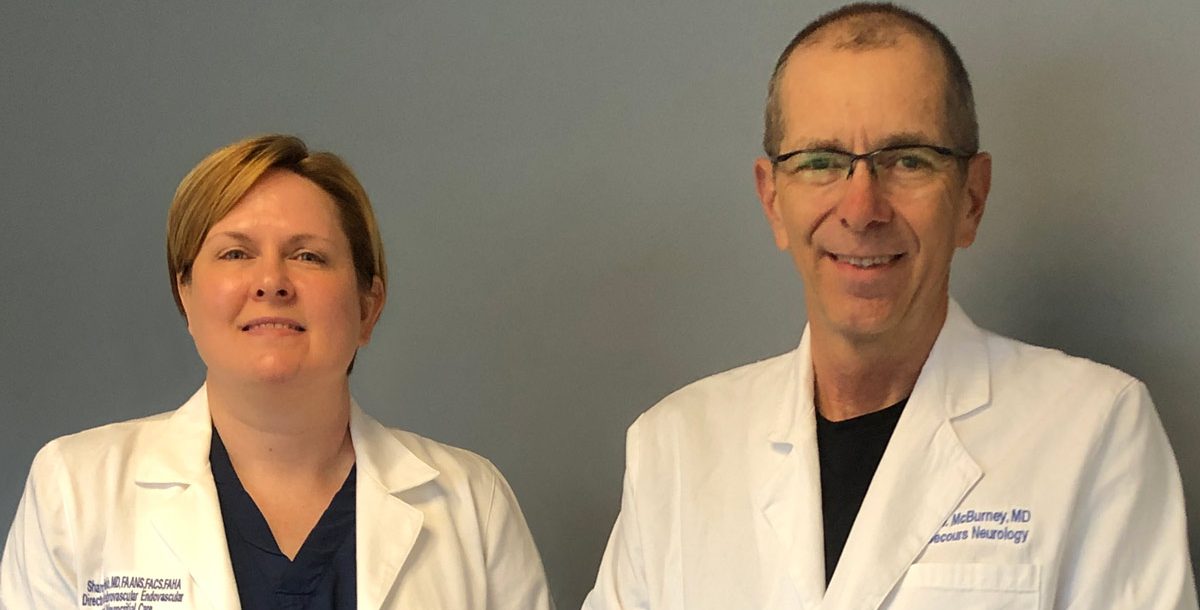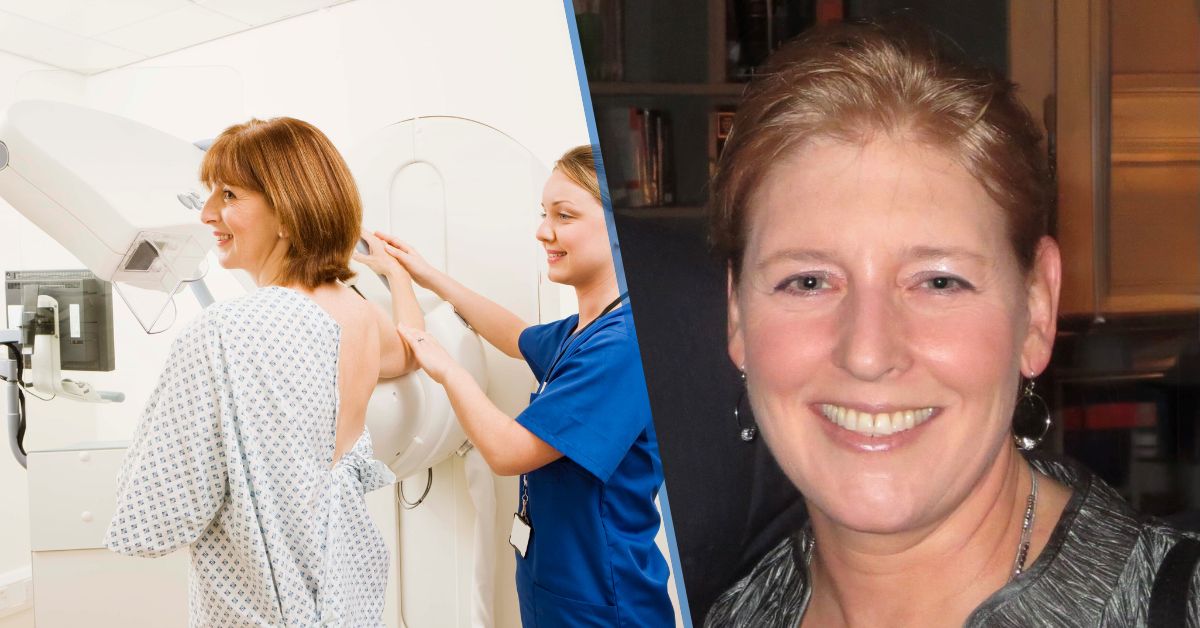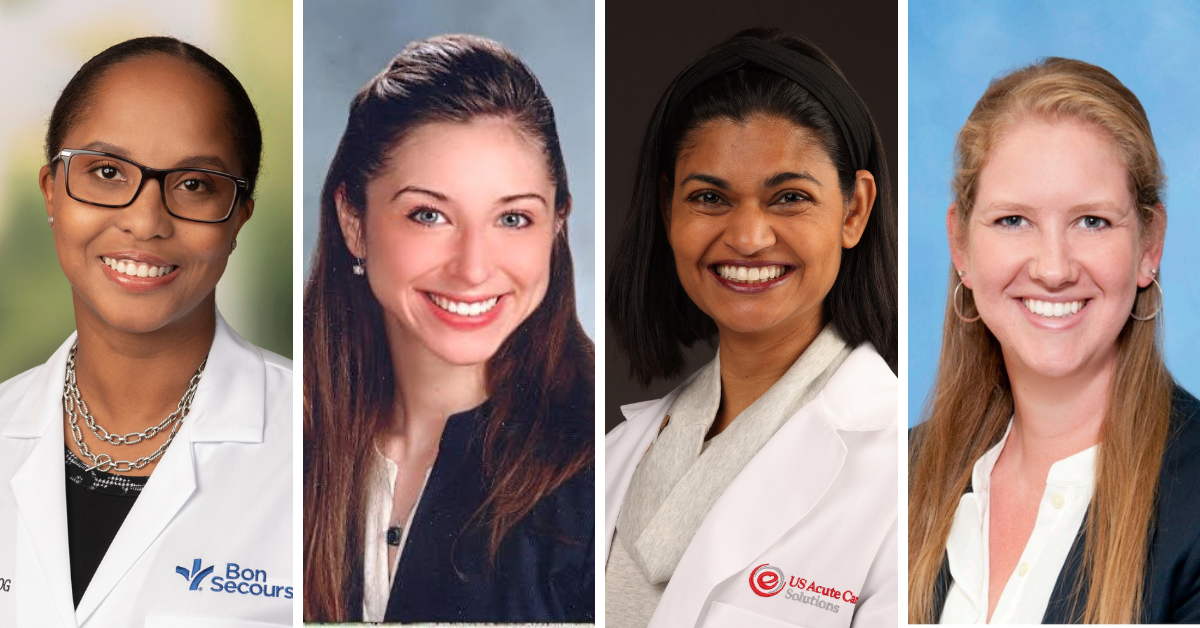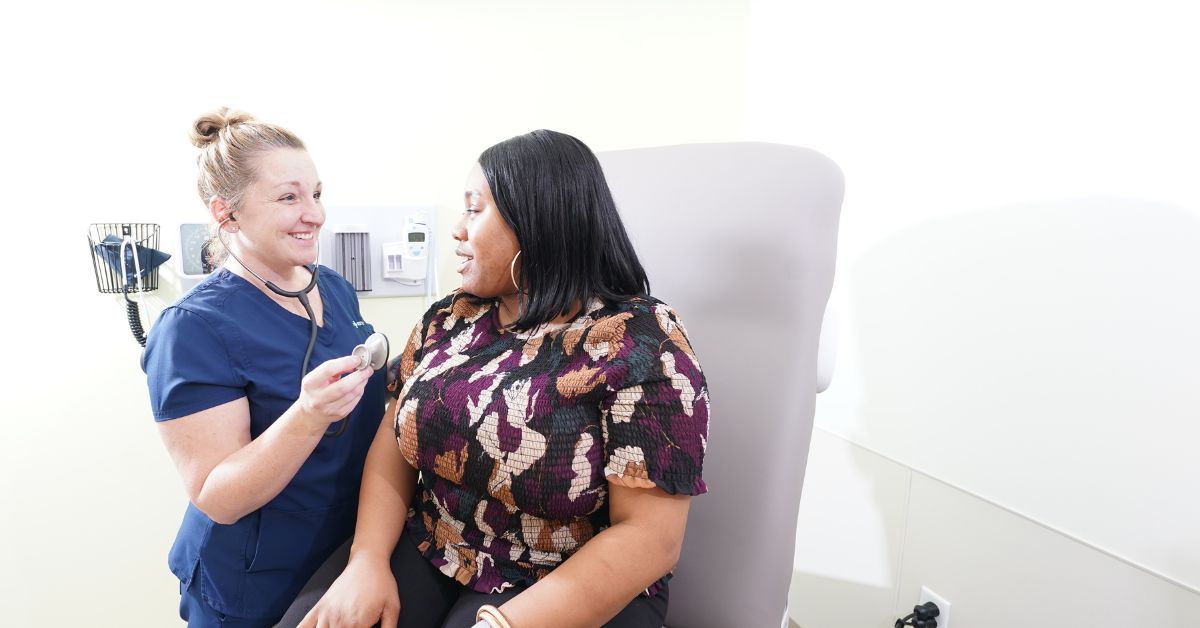Everyone’s focus may be on the COVID-19 pandemic right now, but that doesn’t mean other health issues have gone by the wayside. In fact, Bon Secours neurologists say it’s now more important than ever to address underlying health issues because this virus can make them worse.
“One thing we’re starting to hear, and what’s been observed in other hot spots like New York City, is the infection doesn’t rule out the possibility of stroke. In fact, because of the changes that occur in blood coagulation and the cardiac effects of this virus, it actually increases the risk of stroke,” says John McBurney, MD, Medical Director of the Bon Secours St. Francis Stroke Program.
May is Stroke Awareness Month, a timely reminder of what is the most common cause of long term disability among adults. Because strokes are a medical emergency, health experts do not want fear keeping people from heading straight for the hospital if they begin experiencing symptoms, no matter how mild. In fact, waiting to seek help can lead to even bigger problems.
“We believe some patients, out of fear of this virus, are not getting the care they really need,” says Dr. McBurney. “The brain is an incredibly energy and blood hungry organ, taking up 20 to 30% of all the blood flow and energy that the body generates. So, what happens when that balance is upset is very rapid damage starts to occur.”
According to the American Heart Association, that damage equates to the loss of 1.9 million brain cells every minute after a stroke occurs. That means any delay in care can have a drastic impact on a patient’s outcome.
“All of the treatments for stroke are very time sensitive. Don’t ignore the symptoms and stay home. Come in immediately,” urges Sharon Webb, MD, Director of Cerebrovascular, Endovascular & Neurocritical Care at Bon Secours St. Francis Health System.
She encourages everyone to be on the lookout for symptoms, and if you notice them, BE FAST. It’s not only an instruction but also an acronym that serves as a reminder of the biggest warning signs:
B – Balance – Is there a sudden loss of balance or coordination?
E – Eyes – Is there sudden blurred or double vision or sudden, persistent vision trouble?
F – Facial Drooping – Does one side of the face droop or is it numb?
A – Arms – Is one arm weak or numb?
S – Speech – Does the person have slurred or garbled speech?
T – Time – Don’t waste it! Call 911 immediately.
South Carolina has one of the highest rates of stroke in the country, with the Upstate having one of the highest death rates due to stroke in the state. Doctors believe it’s due to the predominance of chronic diseases such as diabetes, hypertension, tobacco abuse and obesity.
Still, residents of the Upstate have some great options for care. Bon Secours St. Francis Health System recently became one of just five health care organizations in South Carolina to earn the Comprehensive Stroke Center (CSC) designation.
“What that means is we are providing the highest level of care available for stroke patients, which includes a full range of treatments for the different types of strokes,” shares Dr. Webb.
Issued by the Joint Commission, in collaboration with the American Heart Association and American Stroke Association, the CSC designation is the highest level of certification for hospitals with specific abilities to receive and treat the most complex stroke cases. That includes the ability to perform mechanical thrombectomies, which is a miraculous treatment in selected cases where the actual blockage in the artery can be removed, restoring blood flow.
However, both Dr. McBurney and Dr. Webb agree no matter the treatment, everything hinges around prompt recognition and early intervention. So, pandemic or not, if you or someone you love starts experiencing symptoms of stroke, seek medical care immediately.
Learn more about the stroke services and care offered by Bon Secours.




